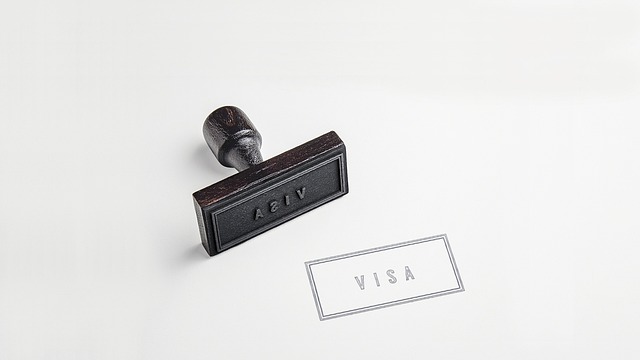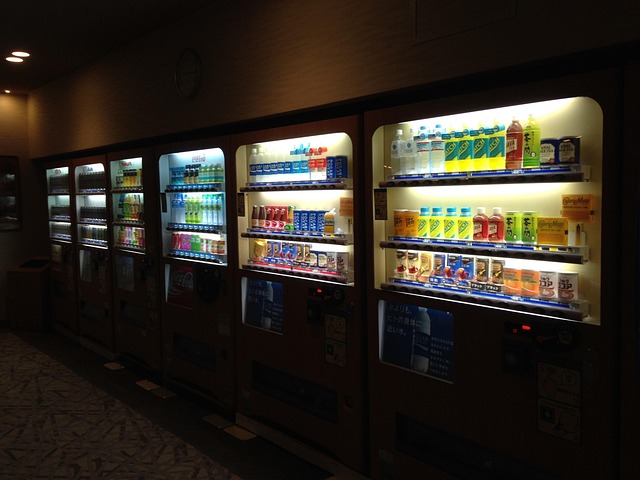Singapore, as one of Asia’s leading financial and business hubs, has long been a magnet for international talent. To maintain its position as a global player, the country offers a range of Work Passes to attract foreign workers at varying skill levels. One of the key passes under this system is the S Pass. It serves as a vital bridge for mid-skilled workers to contribute to Singapore’s economy and for people from less rich countries to achieve better prospects in life.
What is S Pass?
The S Pass is a type of Work Pass designed for mid-skilled foreign workers in Singapore and is subject to quotas and levies. It allows companies to hire foreign employees in industries ranging from construction and manufacturing to healthcare and IT. The S Pass is typically used for positions requiring specialised skills that fall below the qualifications needed for an Employment Pass (EP).
Eligibility Requirements
To qualify for an S Pass, both the applicant and the employer must meet certain criteria.
For the Applicant:
1. Salary Criteria
- As of September 2023, all new S Pass applications will require a minimum monthly salary of SGD 3,150. For sectors such as financial services, the minimum is higher at SGD 3,650. Pass renewals from 1 September 2024 onwards will also require this new minimum monthly salary.
- These minimum salary requirements will be increased again in September 2025 for new applications and 1 Sep 2026 for renewals. The minimum salary amount is not yet finalised and will be announced at a later date.
- The salary requirement increases with the age and experience of the applicant.
2. Passes for family members
- Only S Pass holders who have a fixed monthly salary of at least SGD6,000 are eligible for a Dependant’s Pass for their spouse and children. These passes can be done together during the initial S Pass application or separately at a later date.
For the Employer:
3. Quota and Levy
- Employers must comply with the foreign worker quota, the Dependency Ratio Ceiling (DRC). The table below shows the DRC for the different sectors, percentage of total workforce in a company.
- Note that this quota (DRC) is the total for both Work Permit and S Pass holders in a company specific to their industry.
- A monthly levy payment is required by employers, which ranges from SGD 550 to SGD 650, depending on the sector and the proportion of foreign workers.
- For more information on quota and levies, visit MOM’s page here.
S Pass Application Process
1. Submission by Employer
- Only employers or authorised employment agencies can submit an S Pass application on behalf of the foreign worker. Applications are submitted through Singapore’s Ministry of Manpower (MOM) website.
- Employers must advertise the job openings on MyCareersFuture for 14 days prior to hiring a foreigner on S Pass. This ensures transparency and equal opportunity for local talent.
2. Required Documents
- The documents required for an S Pass application include the company’s latest business profile and identification documents.
3. Processing Time
- The standard processing time for S Pass applications is about 3 weeks, though it can be longer if additional information or clarification is needed.
Validity and Renewal
The S Pass is initially valid for up to 2 years, and it can be renewed for up to 3 years each time. The renewal process is typically more streamlined, provided the worker continues to meet the eligibility criteria and the employer maintains compliance with the quota and levy requirements.
Benefits of the S Pass for Employers and Workers
The S Pass scheme offers several advantages to both employers and workers:
For Employees:
- Career Opportunities: The S Pass opens up opportunities for foreign workers to work in Singapore’s dynamic economy and gain valuable experience in a world-class business environment.
- Competitive Compensation: Singapore’s high minimum salary threshold for S Pass holders ensures fair wages, particularly in industries that demand specialised technical skills.
- Path to Permanent Residency (PR): S Pass holders are eligible to apply for Permanent Residency (PR) in Singapore after a few years of working in the country. However, approval is not guaranteed and depends on various factors, including the worker’s contribution to the economy, duration of stay, and qualifications.
- After 2 years of being a PR holder, candidates are eligible to apply for Singapore Citizenship.
For Employers:
- Access to Mid-Skilled Talent: Employers can recruit skilled talent that may not be readily available in Singapore’s local workforce, helping to fill critical gaps in industries like IT, engineering, and healthcare.
- Cost-Effective: For many businesses, the S Pass offers a more affordable way to hire foreign talent compared to the Employment Pass.
Everything About S Pass
The S Pass is an essential tool in Singapore’s employment landscape, helping to balance the local workforce needs with the contribution of foreign talent. Whether you are an employer seeking skilled labour or a worker looking for opportunities in Singapore, understanding the ins and outs of the S Pass is crucial for success.
As Singapore continues to adapt its labour policies to meet economic needs, staying informed about changes in salary requirements, quotas, and levies will ensure smooth navigation through the S Pass application and renewal process.







